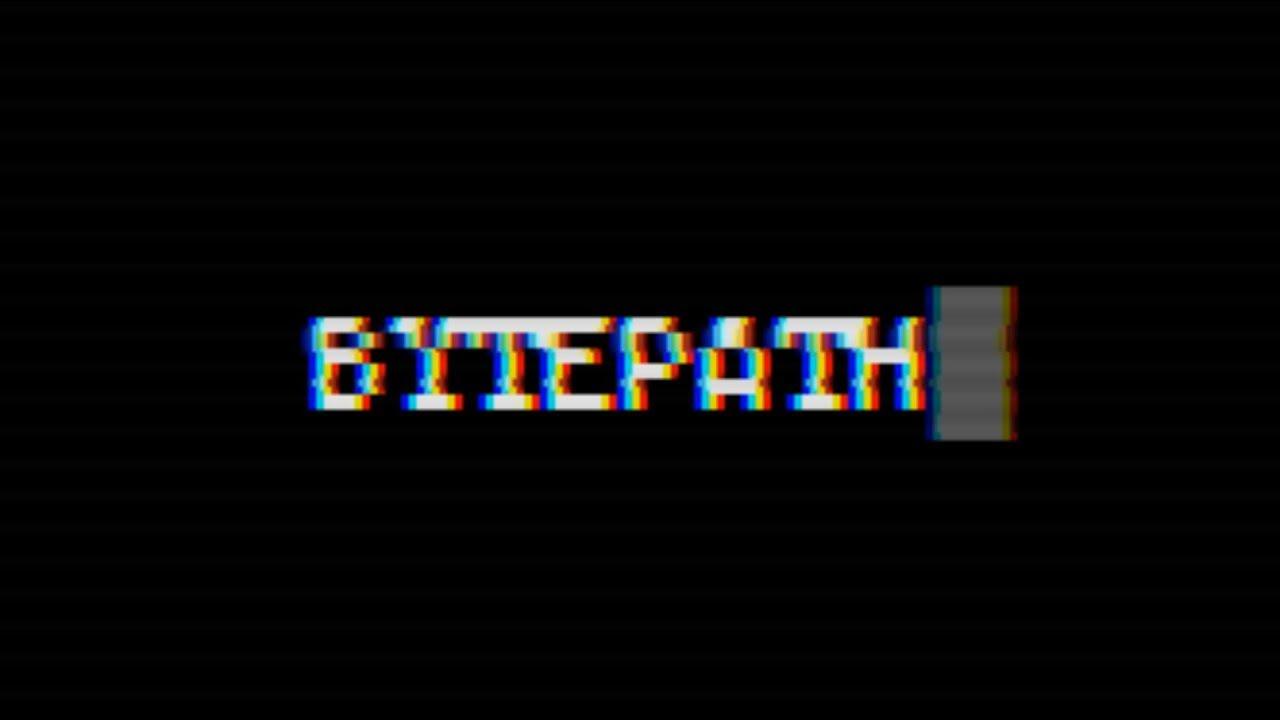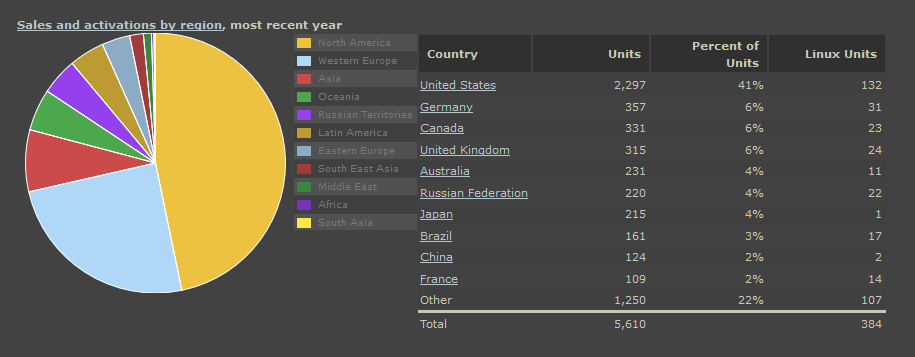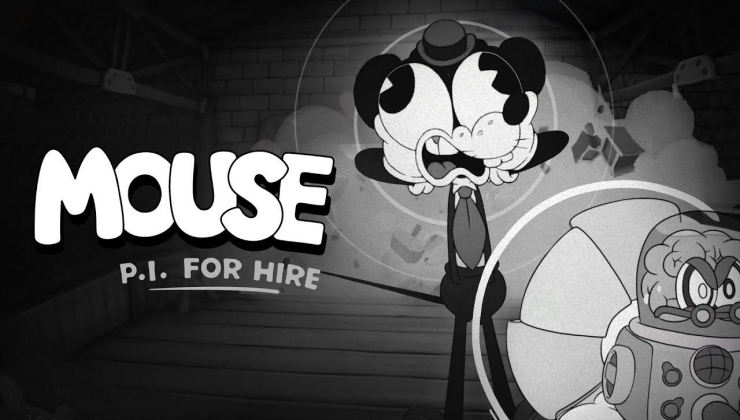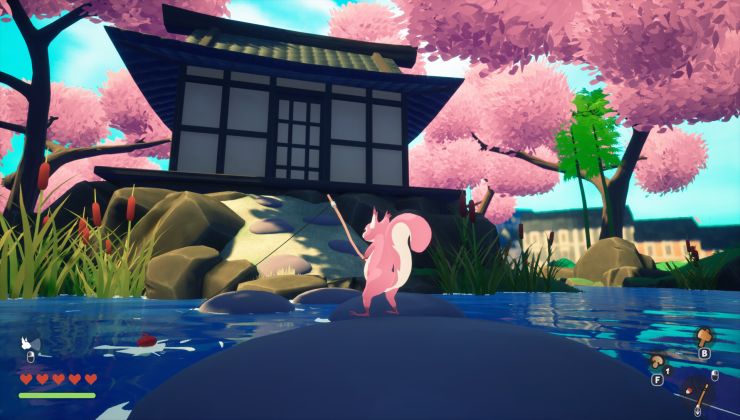BYTEPATH, a retro arcade shooter with a skill-tree inspired by Path of Exile has now been out for a whole year, so the developer has shared some details on how it went.
BYTEPATH is a replayable arcade shooter with a focus on varied play styles with RPG elements. The game has a huge passive skill tree, classes and different ships through which you'll be able to try out lots of different builds to achieve ever increasing high scores and eventually beat the game.
Expect BYTEPATH to be a mix of Bit Blaster XL and Path of Exile, created with the intention of expanding Bit Blaster XL's relaxing and addictive gameplay with Path of Exile's build depth, build diversity and RPG elements.
If you've never seen it before, take a look at the trailer:

Direct Link
The developer has been regularly posting on GitHub, using it much like a blog to detail how everything went. I especially liked their developer tutorial series, giving a look at how it was all developed.
In one such post on that GitHub, the developer shared some sales shots like this:
Going by what that shows, it didn't exactly sell a huge amount across an entire year. It's a pretty niche game though, so this was to be expected. In a longer post on GitHub made earlier, the developer mentioned their original goal was simply to get the $100 fee back from Steam. To do this, they needed to sell at least 500 copies at $2 each to make $1000 to actually be eligible to get the $100 entry fee back. Obviously they exceeded that, hitting over 5,000 copies sold.
What the image tells us about Linux, is a similar story to Rise to Ruins, that Linux doesn't sell well in the Chinese market. Again here, Linux sold at a rate of around 6.84% which is well above the current Linux market share on Steam (0.82%). One thing I do find interesting, is that across that year Linux by itself nearly hit that 500 mark they wanted.
If you want to pick up a copy, you can do so on Steam.
If you want to see Linux succeed and you're a gamer on Steam, buy buy buy! Grab all those native Linux games. Hopefully by being generous with our wallets we can make up for our smaller userbase and devs will recognise that we're worth selling games to even if we're a smaller number of users on Steam.
If you want to see Linux succeed and you're a gamer on Steam, buy buy buy! Grab all those native Linux games. Hopefully by being generous with our wallets we can make up for our smaller userbase and devs will recognise that we're worth selling games to even if we're a smaller number of users on Steam.I get the sentiment, but that would mean that each Linux gamer would have to spend multiple times more money than the average user on Steam. Even if we did, that would not be an accurate representation of the market. The only way to make it work is to grow our numbers instead.
When Steam for Linux just launched, I bought basically anything I could get my hands on, because I was so excited about it. But here I am 6 years later, and I have still not played many of those games from the first wave. In fact, I had to considerably cut down on the amount of games I purchase, not because I could not afford it, but because I started feeling stressed knowing that there is no way for me to actually play all of them.
Then I watched [this review](https://youtu.be/eI5KSWXE044) and immediately wishlisted it. :)
If the global average of Linux players is 0.8% and only half of the games sold support Linux, then you would expect sales for the half that supports Linux to be 2* 0.8 ~= 1.6%. Maybe a little less now due to steam play.
I think that we have probably already reached the point where offer largely exceeds demand (your point should be valid only if demand exceeds offer). :)
What the image tells us about Linux, is a similar story to Rise to Ruins, that Linux doesn't sell well in the Chinese market.
I think we have enough proof now that the Linux percentage throughout Steam is held back by the rising Chinese market with their cheap OEM Windows on every device. :-(I think it's also interesting to note that in this case, the game sold noticeably more in Japan, with even fewer Linux copies there (who is that one guy indeed :P). Even though China is a more populated market, its influence is not as weighty for this particular game.
I think we need the equivalent of GamingOnLinux in French, to spread the word about Linux gaming here in France (u_u)There was jeuxlinux.fr, but though it's still online it stopped updating around the time Steam for Linux came out, oddly. I don't know if it's just a coincidence or they couldn't keep up with the sudden influx and/or felt Linux gaming was now doing well enough that it didn't need extra coverage.
I think we need the equivalent of GamingOnLinux in French, to spread the word about Linux gaming here in France (u_u)According to this, France is a total hotbed of Linux use--nearly 13% of sales! We're talking like double the level of the Anglosphere.
Also to a lesser extent Brazil and Russia. Although of course this is a pretty small sample.
Just bought it for support.
Yeah, me too - the number of these articles that Liam pulls out the bag and I've never heard of the game! Insane. At least I can support after the fact, and for less than £2, it's not like I'm breaking the bank.
Not sure I get you. The doubling effect is just because the purchases are divided among half as many games. If Linux gamers spend on average the same amount of money on games as Windows gamers, but can spend that money on a population of games that is half the size, then games in that population will get twice as much money on average from a Linux gamer (while the population of non-Linux games gets no money from Linux gamers).If the global average of Linux players is 0.8% and only half of the games sold support Linux, then you would expect sales for the half that supports Linux to be 2* 0.8 ~= 1.6%. Maybe a little less now due to steam play.
I think that we have probably already reached the point where offer largely exceeds demand (your point should be valid only if demand exceeds offer). :)
If I'm going to spend $100 on games in a year and I have access to 10 games, then on average each game will receive $10. If there are 10 games but I only have access to 5 of them, then on average each of those 5 will receive $20, while the 5 I don't have access to will receive $0.
The actual number as far as I can make out is more like a third of games sold supporting Linux; with Proton maybe we're headed for half.
Have had this on ignore for a long time... read this article, watched the trailer, read some comments... still felt like ignore was the right choice.Thanks! I just watched the review and then bought the game :-)
Then I watched [this review](https://youtu.be/eI5KSWXE044) and immediately wishlisted it. :)
Not sure I get you.
Difference in quantity of games available on Windows vs Linux doesn't matter that much in this case because the offer vastly exceed demand: I have about 150 games on my Steam library, which is less than 3% of the games currently available on Linux, and you will find a few users with about 1500 games on their Steam library... but
Edit: my memory is not as great as it was, we know (via Steamspy, end of 2015 or beginning of 2016) that only 1% of Steam "active" accounts have more than 100 games in their library (which should not have changed that much), median demand for an "average" Steam user is probably not that far from a few games to buy a year.
Edit(2): note that the growth of the offer, even in the case of Linux market, is probably higher than the growth of the demand for more than 99% of Steam active users.
Last edited by riusma on 25 Feb 2019 at 9:28 pm UTC
That's fantastic.
If you want to see Linux succeed and you're a gamer on Steam, buy buy buy! Grab all those native Linux games. Hopefully by being generous with our wallets we can make up for our smaller userbase and devs will recognise that we're worth selling games to even if we're a smaller number of users on Steam.
Despite Proton I always buy only Linux games on my daughter´s account to show my support for native games.
+ Click to view long quoteNot sure I get you.
Difference in quantity of games available on Windows vs Linux doesn't matter that much in this case because the offer vastly exceed demand: I have about 150 games on my Steam library, which is less than 3% of the games currently available on Linux, and you will find a few users with about 1500 games on their Steam library... but90%99% of Steam users have less than15100 games on their library (I have the "right" numbers from 2015 somewhere on an old post, I have to find it * edit : got it *). So, when median demand is abouttwoa few games a year to buy it doesn't matter that much that offer is about 5000, 10 000 or 20 000 games available (I may be wrong, I'm not a specialist in economy). :)
Edit: my memory is not as great as it was, we know (via Steamspy, end of 2015 or beginning of 2016) that only 1% of Steam "active" accounts have more than 100 games in their library (which should not have changed that much), median demand for an "average" Steam user is probably not that far from a few games to buy a year.
Edit(2): note that the growth of the offer, even in the case of Linux market, is probably higher than the growth of the demand for more than 99% of Steam active users.
I don't think it's nearly as mysterious as any of that. There are over a million Linux users on Steam. The number of games total is only in the tens of thousands, the number of Linux games rather fewer tens of thousands. So even if the average Linux user on Steam only had one game in their library, that would still be enough for us to be, overall, buying multiple copies of all the games (except the ones Liam totally warns us off :D ).
But those purchases are going to be divided among the available games. The math is simple: Divide the purchase among fewer games and there will be more $$$ per game on average. There is nothing arcane or even economic going on here, it's just arithmetic. And, supply and demand is a totally different thing, it's about suppliers being able to gouge more for something you need if there isn't enough of it--as seen during disasters when they start charging a mint for bottled water--or not being able to if there's a lot of suppliers actually competing on price--as not seen in the various different companies' gas stations.
According to this, France is a total hotbed of Linux use--nearly 13% of sales!So, their [Linux Gendarmerie](https://www.gamingonlinux.com/forum/topic/2441/page=1#r21968) actually works.













 How to set, change and reset your SteamOS / Steam Deck desktop sudo password
How to set, change and reset your SteamOS / Steam Deck desktop sudo password How to set up Decky Loader on Steam Deck / SteamOS for easy plugins
How to set up Decky Loader on Steam Deck / SteamOS for easy plugins
See more from me